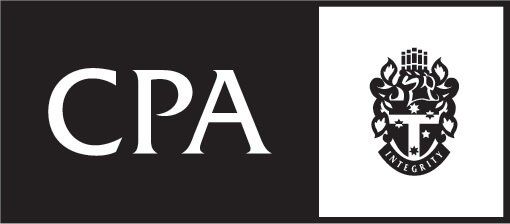2022/23 October Federal Budget Update
On 25 October 2022, Treasurer Jim Chalmers handed down an updated 2022/23 Federal Budget with following summary updates.
FBT exemption on electric cars
From 1 July
2022, the measure will exempt battery, hydrogen fuel cell and plug-in hybrid electric cars from fringe benefits tax and import tariffs if they have a first retail price below the luxury car tax threshold for fuel-efficient cars. The car must not have been held or used before 1 July 2022. Employers will need to include exempt electric car fringe benefits in an employee’s reportable fringe benefits amount.
COVID-19 business grants are non-assessable non-exempt
The following state and territory COVID-19 grant programs are non-assessable non-exempt for income tax.
- Victoria Business Costs Assistance Program Four – Construction
- Victoria Licenced Hospitality Venue Fund 2021 – July Extension
- Victoria Licenced Hospitality Venue Fund 2021 – Top Up Payments
- Victoria Business Costs Assistance Program (Round Two Top Up, Round Three, Round Four, Round Five)
- Victoria Impacted Public Events Support Program Round Two
- Victoria Live Performance Support Program (Presenters) Round Two
- Victoria Live Performance Support Program (Suppliers) Round Two
- Victoria Commercial Landlord Hardship Fund 3
- Australian Capital Territory HOMEFRONT 3
- Australian Capital Territory Small Business Hardship Scheme
Changes to unlegislated taxation and superannuation measures introduced by previous government
Certain tax and super measures that were announced but not legislated by the previous Government will not be proceeded, including:
- The previous Government announced it would change the annual audit requirement to a three-yearly requirement for SMSFs with a history of good record-keeping and compliance.
- The 2018/19 Budget proposed introducing a limit of $10,000 for cash payments made to businesses for goods and services.
Certain tax and superannuation measures will be deferred to allow more time for policies to be legislated and implemented including:
- Introducing a sharing economy reporting regime for transactions relating to the supply of ride sourcing and short-term accommodation from 1 July 2022 will be deferred to 1 July 2023.
- Other reportable transactions including asset sharing, food delivery and tasking-based services will be deferred from 1 July 2023 to 1 July 2024.
- Relaxing residency requirements for SMSFs, from 1 July 2022 to the income year commencing on or after the date of Royal Assent of the enabling legislation. The previous Government announced that it would relax residency requirements for SMSFs by extending the ‘central control and management test’ safe harbour from two years to five years and removing the ‘active member test’. This measure is intended to allow SMSF members to continue to contribute to their superannuation fund whilst temporarily overseas.
Expanding the eligibility for downsizer contributions
The minimum eligibility age for the downsizer contribution will be reduced from 60 to 55 years from the start of the first quarter after Royal Assent of the enabling legislation. The downsizer contribution allows people to make a one-off post-tax contribution to their superannuation of up to $300,000 per person from the proceeds of selling their home.
The Government has also announced further measures to reduce the financial impact on pensioners looking to downsize their homes as:
- Extending the assets test exemption for principal home sale proceeds from 12 months to 24 months for income support recipients.
- Changing the income test to apply only the lower deeming rate (0.25%) to principal home sale proceeds when calculating deemed income for 24 months after the sale of the principal home.
Boosting Paid Parental Leave
Reforms will be introduced from 1 July 2023 so that either parent is able to claim the payment and birth parents and non-birth parents are allowed to receive the payment if they meet the eligibility criteria.
From 1 July 2024, the scheme will be expanded by two additional weeks a year until it reaches a full 26 weeks from 1 July 2026. Both parents will be able to share the leave entitlement, with a proportion maintained on a ‘use it or lose it’ basis. Sole parents will be able to access the full 26 weeks.
Digital currencies are not taxed as foreign currency
The Government will introduce legislation to confirm that digital currencies such as Bitcoin will continue to be excluded from the Australian income tax treatment of foreign currency. This maintains the current tax treatment of digital currencies where they are held as an investment. This measure removes uncertainty following the decision of the Government of El Salvador to adopt Bitcoin as legal tender and will be backdated to income years that include 1 July 2021.
The exclusion does not apply to digital currencies issued by, or under the authority of, a government agency, which continue to be taxed as foreign currency.
Reverse self-assessment of the effective life of intangible assets
The previous Government announced it would allow taxpayers to self-assess the tax effective lives of eligible intangible depreciating assets, such as patents, registered designs, copyrights and inhouse software.
This measure will not be proceeded.
Increase in Commonwealth penalty unit
The Commonwealth penalty unit will be increased from $222 to $275, from 1 January 2023. The amount will be indexed every three years in line with the CPI with the next indexation occurring on 1 July 2023.
ATO Compliance Programs
The Government has announced it will extend the following ATO compliance programs:
- Personal Income Taxation Compliance Program
The Government will provide funding to the ATO to extend its Personal Income Taxation Compliance Program for two years from 1 July 2023. This extension will enable the ATO to continue to deliver a combination of proactive, preventative and corrective activities in key areas of non-compliance, including overclaiming deductions and incorrect reporting of income. - Shadow Economy Program
The Government will extend the existing ATO Shadow Economy Program for a further three years from 1 July 2023. The extension of the Shadow Economy Program will enable the ATO to continue a strong and co-ordinated response to target shadow economy activity, protect revenue and level the playing field for those businesses that are following the rules. - Tax Avoidance Taskforce
The Government has boosted funding for the ATO Tax Avoidance Taskforce by around $200 million per year over four years from 1 July 2022, in addition to extending this Taskforce for a further year from 1 July 2025. The boosting and extension of the Tax Avoidance Taskforce will support the ATO to pursue new priority areas of observed business tax risks, complementing the ongoing focus on multinational enterprises and large public and private businesses.
Multinational Tax Integrity Package
The Government has announced the following changes in relation to its Multinational Tax Integrity Package:
- From 1 July 2023 the following changes will be made in relation to Thin capitalisation rules:
The safe harbour and worldwide gearing tests will be replaced with earnings based tests to limit debt deductions in line with an entity’s profits. The changes will apply to multinational entities operating in Australia and any inward or outward investor. Financial entities will continue to be subject to the existing thin capitalisation rules.
- The Government will introduce rules to prevent significant global entities from claiming tax deductions for payments made to related parties in relation to intangibles held in ‘low-or no-tax’ jurisdictions from 1 July 2023.
- The Government will require large multinationals to release tax information to public on a country-by-country basis and a statement on their approach to taxation and Australian public companies to disclose information on the number of subsidiaries and their country of tax domicile; and tenderers for Australian Government contracts worth more than $200,000 to disclose their country of tax domicile.
The information provided in this update is general in nature and if you have any queries of require further information or assistance with the above, please contact our office.
Crawford News






